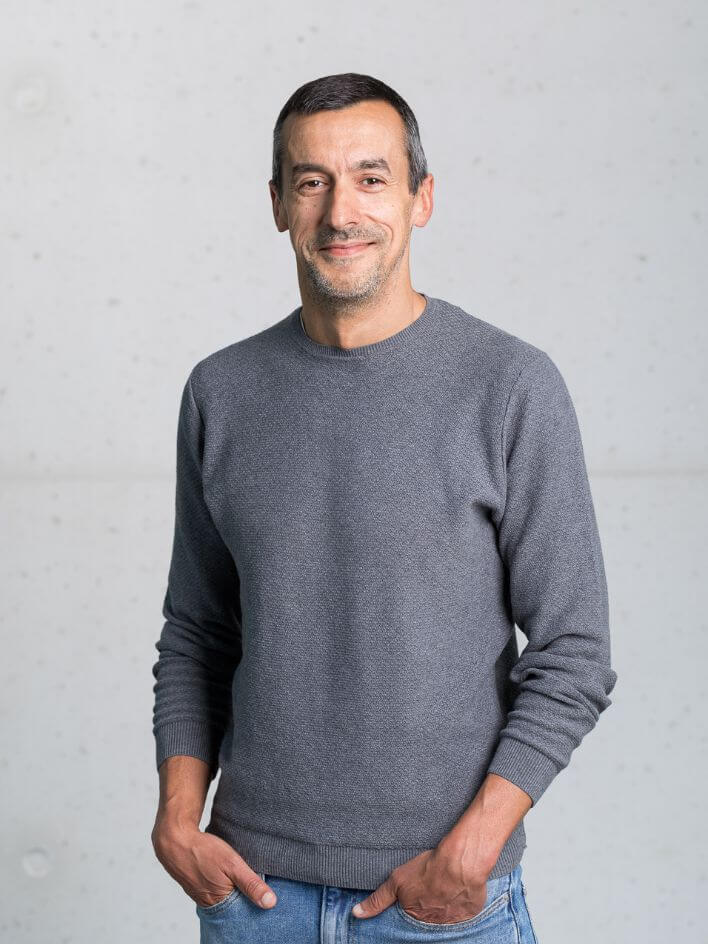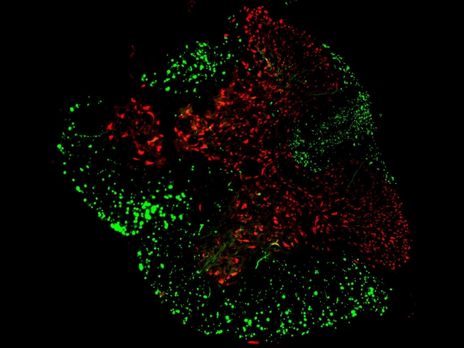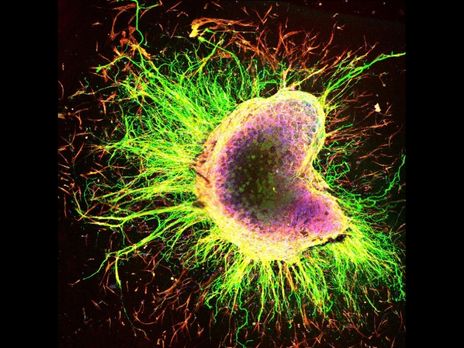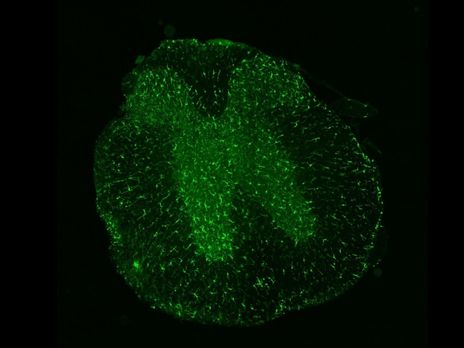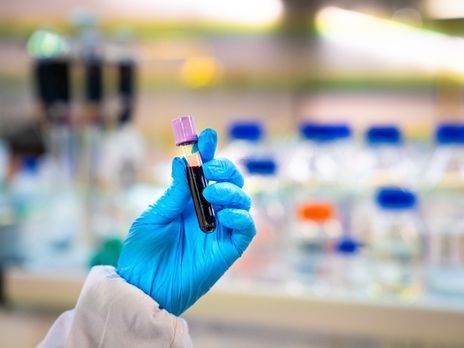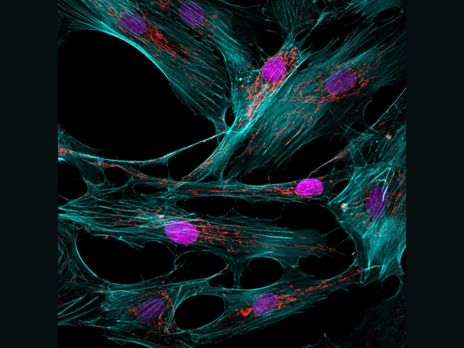
Stem Cells Secretome and Biomaterials Biotechnology
We have previously validated the use of the secretome of Mesenchymal Stem Cells (MSCs) from different sources, including those derived from pluripotent stem cells (iMSCs), as a possible therapeutic tool in animal…


